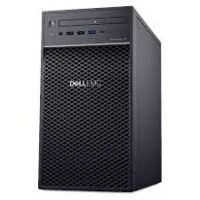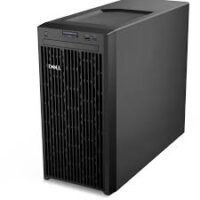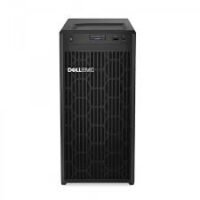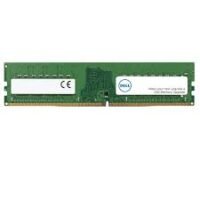What is a computer Server?
A computer server is a powerful computer system that is designed to provide a variety of services to other computers or devices on a network. It acts as a central hub that manages and coordinates the resources and data flow between clients and other servers.
Computer Servers for sale in Nairobi Kenya
Computer Servers
Computer Servers
Dell PowerEdge T150 Tower Server Intel Pentium G6405T 8GB 1TB HDD
Computer Servers
Server Accesories & Storage
Server Accesories & Storage
HPE ProLiant DL380 Gen10 Intel Xeon-S 4210R 32GB Rack Server
Computer Servers
Server Accesories & Storage
Server Accesories & Storage
Dell Toshiba 3.5″ 1TB 7.2K 6GBPS SATA Hard Drive – K4M5W HDEPR84DAB51
Server Accesories & Storage
HPE ProLiant DL380 Gen10 Intel Xeon-G 5218 16-Core 32GB Rack Server
Computer Servers
Server Accesories & Storage
Server Accesories & Storage
Server Accesories & Storage
Server Accesories & Storage
HPE ProLiant DL380 Gen10 Intel Xeon-S 4208, 32GB Rack Server
What are the major applications of Servers?
Servers can be used for a wide range of purposes, including web hosting, email hosting, file sharing, data storage, virtualization, and more. They typically have the much greater processing power, memory, and storage capacity than regular computers, and are designed to be highly reliable and available.
One of the key features of a server is its ability to run specialized software and services that enable it to perform specific tasks. For example, a web server might run software like Apache or Nginx to serve web pages to clients, while an email server might run software like Postfix or Microsoft Exchange to handle email traffic.
Types of Computer Servers
Servers can be classified into different types based on their form factor and purpose. Some common types include:
- Tower servers – These are standalone servers that resemble desktop computers and are suitable for small businesses or home offices.
- Rack servers – These are designed to fit into server racks, which are cabinets that hold multiple servers. They are typically used in data centers and enterprise environments.
- Blade servers – These are smaller servers that are designed to fit into a blade enclosure, which is a chassis that can hold multiple blade servers. They are popular in data centers due to their compact size and scalability.
- Virtual servers – These are servers that run on virtualization software and can be hosted on physical servers or cloud platforms. They enable organizations to run multiple servers on a single physical server, which can help to reduce costs and improve efficiency.
One of the biggest advantages of using a server is the ability to centralize data storage and management. By storing data on a server, organizations can ensure that it is backed up regularly, secured with encryption and access controls, and easily accessible to authorized users.
Servers also provide a platform for collaboration and communication, as they enable multiple users to access shared resources like files, applications, and databases. This can help to improve productivity and streamline workflows.
However, servers can also be a target for hackers and cybercriminals, as they often contain sensitive data and are connected to the internet. It is therefore important to ensure that servers are properly secured with firewalls, antivirus software, and other security measures.
In conclusion, computer servers are a critical component of modern computing infrastructure. They provide the backbone for a wide range of services and applications and enable organizations to store, manage, and share data in a secure and efficient manner. While they require specialized knowledge and resources to maintain, the benefits they provide make them an essential investment for businesses and other organizations.

















